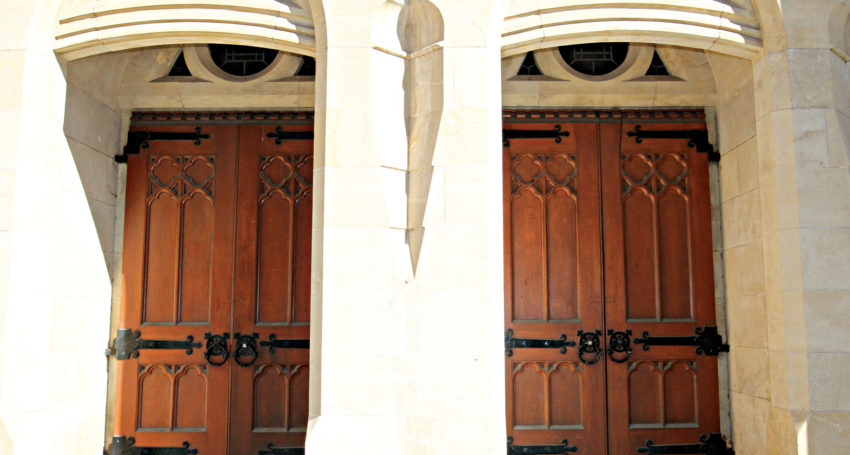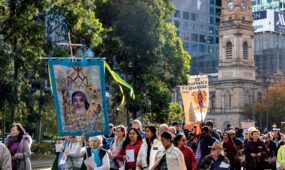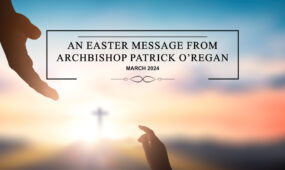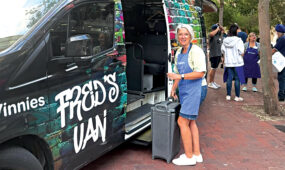Don’t know what you’ve got till it’s gone
Opinion
The Joni Mitchell lyrics ‘don’t know what you’ve got till it’s gone’ are certainly ringing true for all of us at the moment.

And I’m not just talking about toilet paper! There are so many things we take for granted that suddenly aren’t possible any more, whether it’s attending Mass on a Sunday, going to a local footy game, watching our kids or grandkids play sport, celebrating special occasions such as a wedding, visiting a museum, dining out, going on a holiday or seeing a music or arts performance.
Even the simple act of shaking someone’s hand is a distant memory.
Advertisement
It’s a scenario that was totally inconceivable a month ago. Despite the frightening images coming from Wuhan, none of us could have imagined that we would be close to (if not already) in lockdown here in little old Adelaide.
The concept of giving up the things that are important to us and making sacrifices for the greater good is totally foreign to us. The uncertainty of how long the pandemic will last makes it even harder.
But history tells us that we will get through this crisis, just as we did with the plague, the Spanish flu and the two world wars, albeit at great human cost.
The memoirs of Izabella Picheta remind us of the extreme hardship and suffering endured on a daily base in war-torn countries. Her kindness, resilience and joy of life is an inspiration to us all.
Fr Leon Czechowicz’s family also fled Russian-occupied Poland and came to the other side of the world with nothing; even his father’s medical qualifications were of no use.
Today we have many refugees and asylum seekers in our community who have experienced much worse than what we are going through now but who may well be re-traumatised by the tough restrictions and economic impact of the coronavirus.
Advertisement
If there is any good to come of this crisis, it may be that we have more empathy for people less fortunate than ourselves, people whose lives have been turned upside down by events outside their control.
As people of faith, it is a sad sight indeed to see our church doors closed. But as a people of hope we look to the positives. For example, we are being forced to come up with innovative ways of connecting with our people such as live streaming Masses, virtual prayer and video conferencing between parishioners.
It’s heartwarming to see some parishes take up the challenge with gusto and harness the gifts of their own parishioners in this space.
We have had the ability to use new technology to communicate for some time and have been engaging in varying degrees with different social media platforms but now it is non-negotiable and we will be better communicators because of it after all this is over.
More importantly, we will value more deeply our ability to gather as a community, to be in communion and participate in the Eucharist now that we know what it’s like when it’s gone.
Footnote: If you would like to ensure you receive The Southern Cross while the coronavirus crisis continues, you can subscribe online at www.thesoutherncross.org.au or receive a copy by mail through our annual subscription.








Comments
Show comments Hide comments